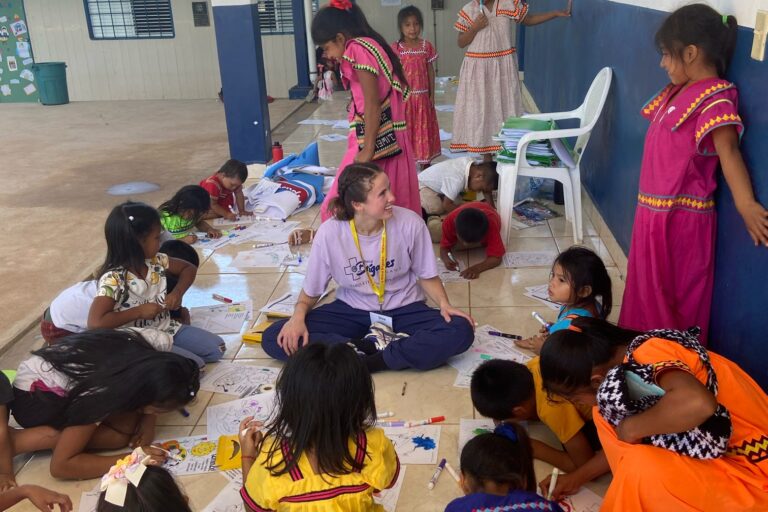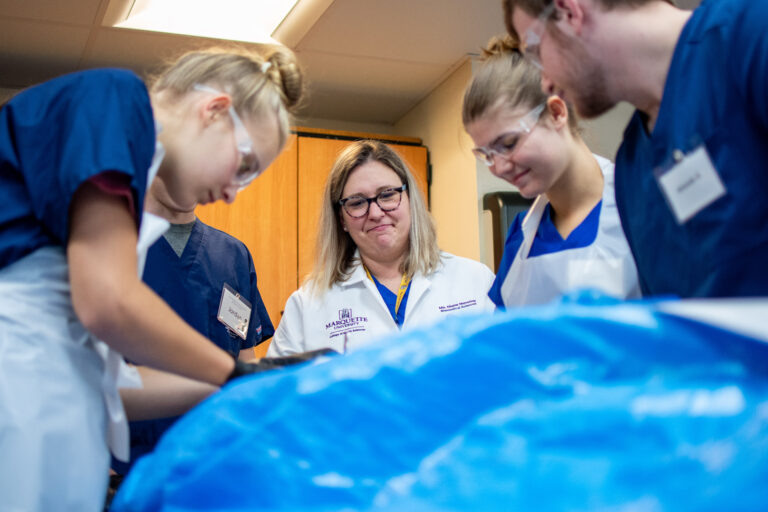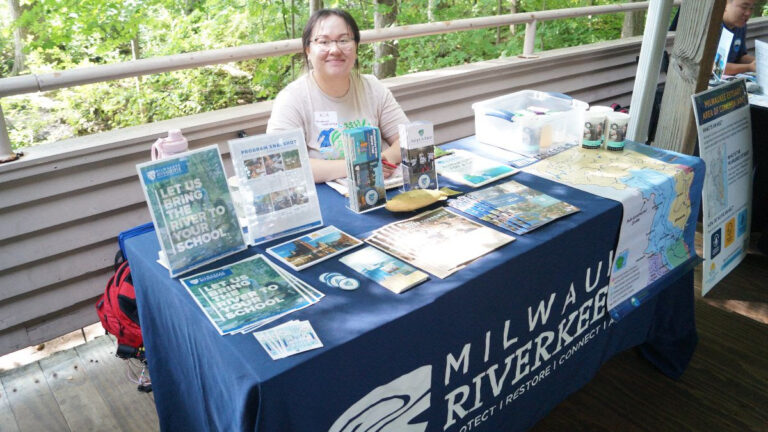This story is part of an interview series highlighting a wide range of educators at Marquette, started by Melissa Shew, associate director of Teaching Excellence, and Jennifer Maney, director of the Center for Teaching and Learning.
Hosted through the CTL, this interview series pays special attention to teaching as a profession and vocation at Marquette. All kinds of instructors and faculty will be profiled.
If you would like to recommend yourself or someone you know to be profiled in this series, please send an email with the person’s/people’s name to Shew or email ctl@marquette.edu with the subject line: CTL SPOTLIGHT SERIES. Please provide a brief description about the person (whether you or someone else). After consideration, the CTL will respond to work with the individual or team of educators.
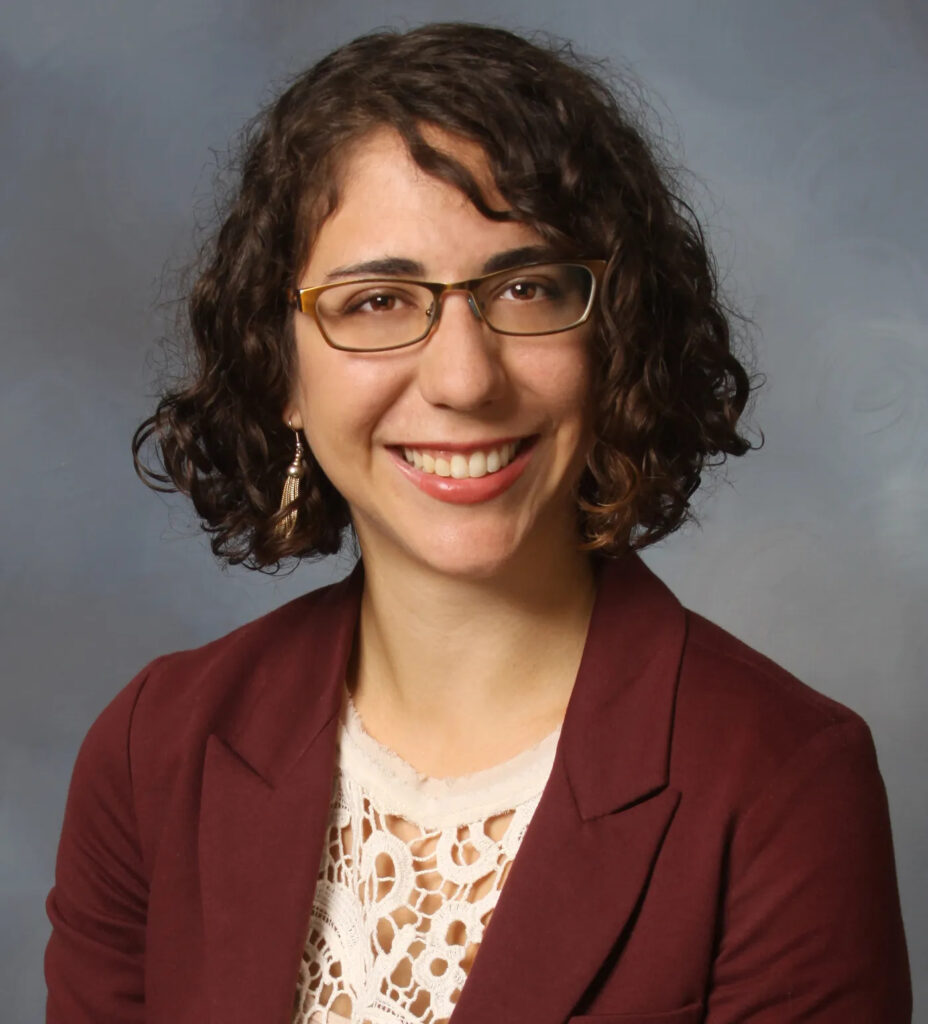
Dr. Lily Campbell
Associate professor, Department of English
Director, First Year Writing Program
College of Arts and Sciences
Teaching at Marquette since Fall 2016
What led you to teaching as your career or part of it?
I come from a family of teachers (both parents and several grandparents) and I always knew I wanted to teach. As a kid, I even had this notebook where I would keep ideas for fun things to do in my class! When I was in grade school, I just wanted to teach whatever grade I was in and then as I moved into high school and college, I wanted to be an English teacher. Working in the writing center during my undergraduate studies was when I discovered the field of rhetoric and composition and knew that I wanted to be a writing teacher, but I still almost pursued a Master’s in secondary education after graduating. However, I got into a Rhetoric and Composition Ph.D. program off a waitlist at the very last minute and the rest is history.
Which special challenges do you think educators face today?
As a writing teacher, I think the specter of ChatGPT looms large right now. As with many radical technological shifts, the problems introduced by large language models (LLMs) are both revolutionary and also not at all new. They are technological, but also are really more about the ways we have come to relate to one another in educational contexts, our societal values, and our priorities. What I mean is that what ChatGPT can do is new, but students finding ways to check the box on assignments without doing the difficult work of grappling with ideas to make meaning for themselves is very old.
When I think about the larger educational context that our students have come through — one that involves endless standardized testing and messaging that education is valuable only for its ability to get them high-paying, white collar jobs — I can see why a short-cut is appealing.
So, while there are certainly actions we can take to discourage the use of LLMs on assignments or to integrate them into our classrooms in ways that incentivize thoughtful, critical engagement, I see their challenge as a larger one. Can we make the case for learning for learning’s sake? Can we convince students that it’s worth their time to do the difficult thinking and grapple with ideas that are central to liberal arts education? Indeed, as educators we must make this case every day in our classes with each of our students, but also continue to make it at broader institutional and societal levels where the seismic shifts must occur.
What are your favorite tips for people starting to teach in your field or generally?
One of my favorite parts of my job is that I get to train and support new writing teachers in the Foundations in Rhetoric program, so I have lots of these! First, who you are in the classroom is not necessarily who you are in any other context and figuring out a teaching persona that works for you takes time and experimentation.
Watching new teachers come into their own identity in the classroom — finding the place that is situated between their unique positionality and strengths and their students’ needs and expectations — is an absolute joy. But I also love having conversations with new teachers when things aren’t working, so that we can negotiate the distance between how they might see themselves and what students are experiencing.
Second, particularly critical for those of us teaching writing, there is a diminishing return on how much feedback you provide to students and how useful it is to them. It does neither you nor them any good to flood a paper with comments and corrections. I encourage new instructors to do whatever they need to — use rubrics, set a timer, set a comment limit, etc. — so that giving feedback doesn’t take over their lives and overwhelm their students. Along similar lines, I strongly encourage attention to work-life balance for new teachers, which also means setting healthy boundaries with students about when you are available and what they can expect, as well as setting limits for yourself about how much time you devote to teaching. I think teaching is one of those things that can expand to fill every minute of every day, so I’m really transparent with new teachers about my own boundaries as well.

Who are your favorite authors related to teaching?
I have many, but I’ll make a plug here for John Bean’s book “Engaging Ideas” for anyone who wants to think more about the role that writing can play in their classroom. Bean does an excellent job of synthesizing current research in Rhetoric and Composition and presenting it in direct ways with lots of specific examples from across the disciplines.
Non-astonishing teaching tip time! Please share one favorite thing you do in class or with your students that you think everyone should try. Limit yourself to three sentences.
I often have students do pre-writing for homework when they have assigned readings, and recently this has involved annotating readings in Perusall. Before class, I’ll look through their annotations briefly and then during class discussion, I’ll make a point of mentioning a couple insightful comments. This is completely non-astonishing, but it’s great because: 1) it shows them I’m paying attention and the work they’re doing has value; 2) it brings new voices into the conversation that might not be there otherwise, but without cold-calling; and 3) it shows them I think their ideas are awesome — because I do!
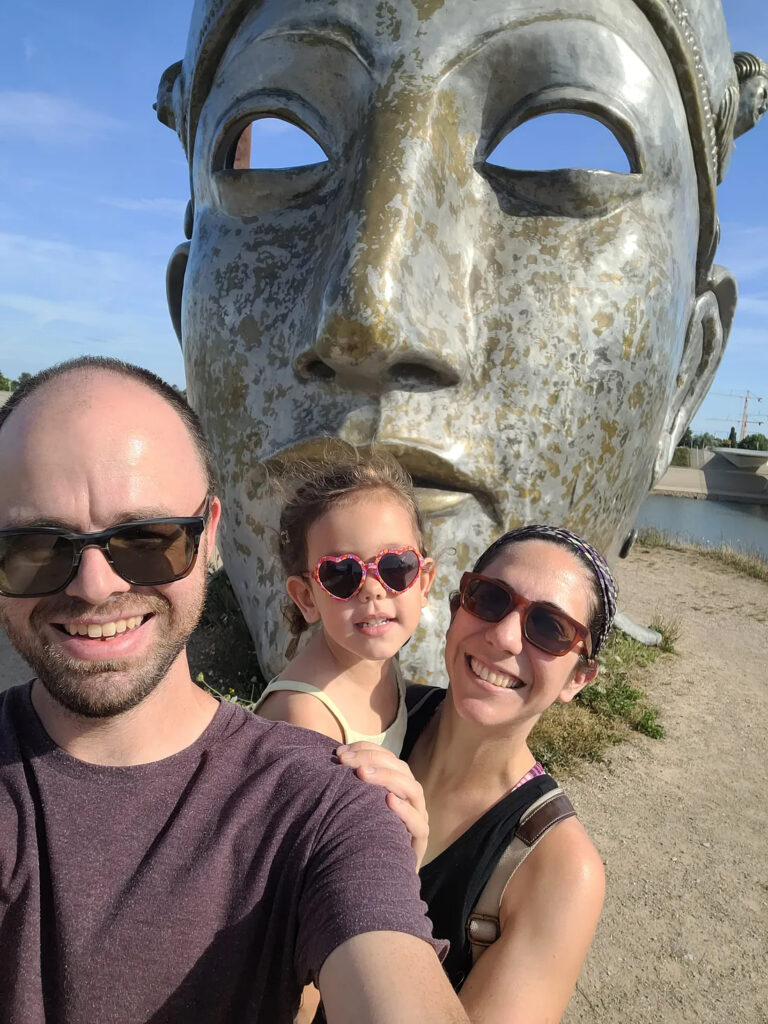
If you would like to recommend someone you know (or yourself) to be profiled in this series, email ctl@marquette.edu. Please provide a very brief description about the educator and/or why you think they should be highlighted. After consideration, the CTL will contact your nominee to start the interview process, which will entail the educator responding in writing briefly to different interview questions from a menu of choices.
